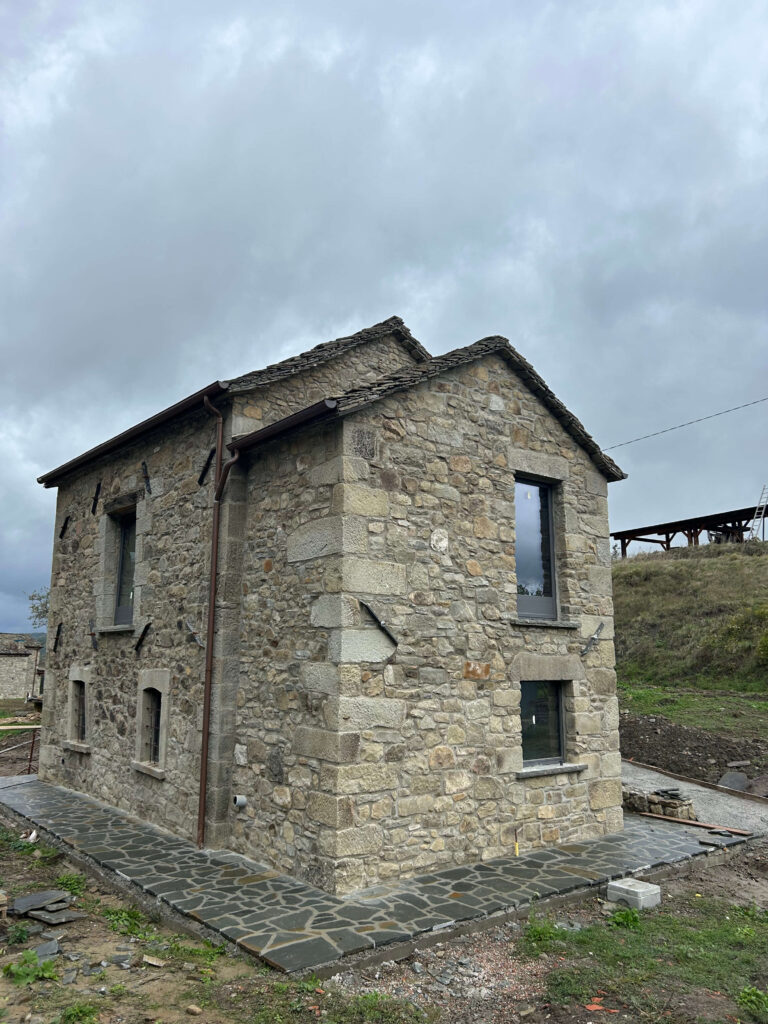Thinking of buying a home in Italy? Whether you’re dreaming of a vineyard-view villa in Tuscany, a coastal escape in Liguria, or a trullo in Puglia, Italy has never been more appealing to foreign buyers.
But navigating the Italian property market as a non-resident can feel overwhelming.
This step-by-step guide breaks it all down from searching online to signing the final deed — with trusted links, legal tips, and insider insights to help you buy safely, smartly, and stress-free.
Step 1: Search your house online
There are many websites listing properties for sale in Italy, but these are the most reliable, updated, and foreign-friendly:
Most popular real estate websites:
Idealista.it — The most popular property portal in Italy, available in English. Filter by region, price, and property type.
Immobiliare.it — Extremely comprehensive with maps, neighborhood guides, and private seller listings.
Gate-away.com — Specializes in properties for foreign buyers, with listings in English and multilingual support.
Casa.it — Great for exploring regional options and contacting local agents.
You can also: search on specific facebook group such as Home for sale in Italy and others. If you know the exact location you can also look place you can also look on group of the specif city or town.
Step 2: Understand the buying process
Buying a home in Italy as a foreigner is entirely legal, but the process involves some unique bureaucratic steps.
Here’s the typical buying timeline:
Find the property – With or without an agent
Make a formal offer – Usually through a real estate agent
Sign a preliminary contract (Compromesso) – With a deposit (typically 10%-30%)
Due diligence – Find a technical expert that checks legal compliance and ownership
Sign the final deed (Rogito Notarile) – The final sale, signed at the notary’s office
Register the property – The notary handles registration and tax documents
You do not need to be an Italian resident to buy a property, but some countries have reciprocity agreements — check if your country is allowed to buy property in Italy.
Step 3: What documents do you need?
As a foreign buyer, here’s what you’ll need to legally purchase a home:
Required Documents:
Valid passport or ID
Codice Fiscale – Italian tax code (similar to a social security number)
Apply for free at the local Agenzia delle Entrate office or through an Italian consulateProof of funds – Often requested by banks or agents
Bank account in Italy (not mandatory) – Needed for payments, taxes, and utilities in a second step
Preliminary contract (Compromesso) – If signing early
Final deed (Rogito) – Prepared by a notary
Step 4: Work with local professionals
Unless you’re fluent in Italian real estate law, it’s smart to work with:
Real Estate Agent (Agente Immobiliare) – Must be licensed in Italy
Notary (Notaio) – Handles legal transfer, taxes, and due diligence
Surveyor (Geometra) – Useful for checking structural condition or land use
Lawyer (optional) – For added protection or complex purchases
Translator – Required if you don’t speak Italian (for the deed signing)
Step 5: Understand costs and fees
Besides the property price, budget for:
| Item | Approximate Cost |
|---|---|
| Notary fees | €2,000 – €4,000+ |
| Agency fees | 3%–5% of property price (buyer pays) |
| Registration tax | 2% (main residence) or 9% (second home) |
| Land registry + cadastral tax | Around €100–€300 |
| Translator | €200–€600 (if needed) |
| Surveyor (optional) | €300–€1,000 |
If you buy from a private seller, you’ll pay the registration tax.
If you buy from a company (e.g., new construction), you’ll pay VAT (IVA) instead.
Common Mistakes to Avoid
Buying without a notary (not legal)
Relying on verbal agreements
Not checking building permits or land restrictions
Believing “renovation ready” means “ready in 3 weeks”
Ignoring annual costs like IMU tax, utilities, and maintenance
Can I get residence by buying a home?
Short answer: no, not automatically.
Buying a property doesn’t guarantee residency in Italy. But it can support your visa application, especially for Elective Residency or Digital Nomad visas.
Always consult with an immigration lawyer or local Comune for up-to-date info.
Plan smartly
Buying a home in Italy is exciting, and totally possible, but it’s not a quick click-and-go.
With the right professionals, careful due diligence, and clear expectations, you can own a piece of la dolce vita without the stress.
Ready for the next step?
Want help with the process?
We offer trusted property organising services for foreign owners in Italy, from the buying process to preliminary due diligence and technical inspections to relocation, utilities setup and banking.
Contact for a free consultation.

